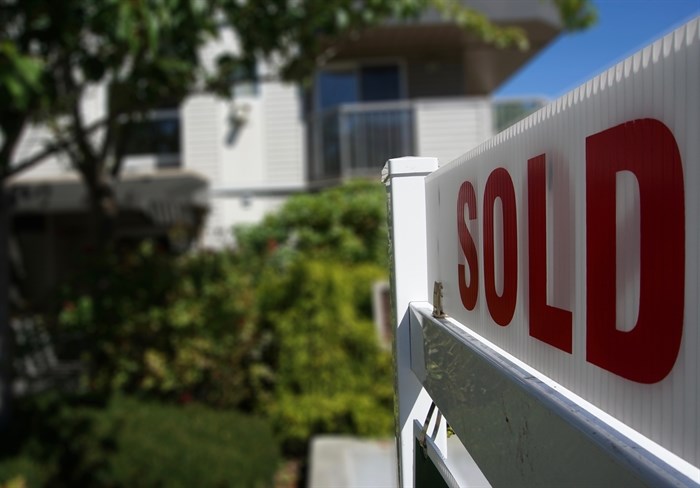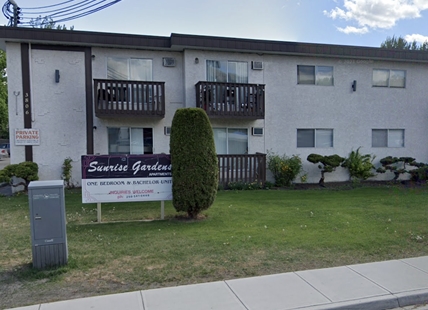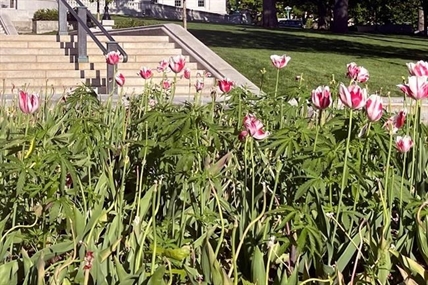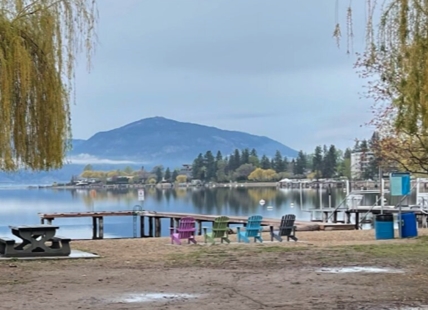Why you should expect a bigger property tax bill in booming Kamloops, Okanagan next year
When the City of Kelowna tried to encourage developers and homeowners to produce more houses on existing lots in its urban neighbourhoods two years ago, it had an immediate effect.
Land got assembled. Homes and lots were sold. Fourplexes and even higher density housing started being built.
As they did so, their land values obviously went up — and so did they neighbours. Some got stuck with big property tax bills, some more than 30 per cent higher. That’s because BC Assessment factors in zoning and market reactions, among many other realities.
The provincial government jumped on board a year later with new legislation to do the same thing — allow fourplexes on any single family lot in BC towns with a population greater than 5,000.
That means there’s a good chance property values for existing homeowners are going to increase — meaning property taxes are likely to increase as well, even for those who didn’t drop money to build a new home.
But it’s not a sure thing, says Tim Morrison of BC Assessment.
The formulas that go into assessing your home every year are complicated. Zoning is a factor, but that alone is unlikely to change assessed property values.
“The change in zoning at the City of Kelowna didn't actually change anything. It was when developers and others started taking advantage of that, that it raised the prices,” he said. “(Zoning), that’s really just words. You have to see a series of proofs that that's actually doable for that land.”
But we already know that is what happened in Kelowna. And this type of zoning for so-called infill housing, which now applies across the province, has created higher land values nearly everywhere it’s been used, particularly in New Zealand where it was pioneered.
Whether it created more housing, however, is debatable, but it’s most likely the zoning changes are creating windfalls for existing property owners.
UBC School of Population and Public Health professor Paul Kershaw told iNFOnews.ca last April he expects prices to rise across the province. It may not be as extreme as it was in Kelowna if every part of a city is included but, Kershaw believes, it will still be substantial.
We won’t know how substantial until next January, since BC Assessment looks at market conditions on July 1.
“We don't know what's going to happen yet, because it's all new. But what happens if generally, people living in single-family homes just are content keeping their single-family homes and don't want it?” Morrison explained. “They're just happy to stay where they are. And only people that want to buy their homes are the same in the same scenario. They just want a single-family home with a yard and garden and garage and all the things that we've traditionally had single-family homes for. If that's the case for the next 10 years or whatever, then there's really no market evidence to suggest a change.
"We can't speculate, no one has a crystal ball on that as to what will happen.”
If you’re reading this from the booming Okanagan, however, you might want to save a few more dollars for your property tax bill next year — just in case.
To contact a reporter for this story, email Marshall Jones or call 250-718-2724 or email the editor. You can also submit photos, videos or news tips to the newsroom and be entered to win a monthly prize draw.
We welcome your comments and opinions on our stories but play nice. We won't censor or delete comments unless they contain off-topic statements or links, unnecessary vulgarity, false facts, spam or obviously fake profiles. If you have any concerns about what you see in comments, email the editor in the link above. SUBSCRIBE to our awesome newsletter here.








